How do plant roots branch towards water?
February 27, 2020
Plant roots need to forage for water and nutrients in the soil. These key resources are not distributed equally through the soil so plants therefore have to send their roots towards the best available sources of water and nutrients. If plants couldn’t flexibly adapt to changing conditions in their environments, they would struggle to thrive …
The new agricultural bill: soils, sustainability and farming
February 4, 2020
It may have already left your news feed, but a few weeks ago a new agricultural bill was presented in parliament. We spoke to some of our local soil and plant scientists, Prof Sacha Mooney, President of the British Society of Soil Science, and Prof Malcolm Bennett, and Prof David Salt on what the new …
Using eating together to think: reflections on doing research at public mealtimes
January 30, 2020
This post is written by Marsha Smith. Is there something special that happens when we eat together in groups? This post looks at an emergent form of group eating initiatives and explores some ways of doing research with, and about, the customers and producers of these eating events. Community-based forms of group eating practices are …
A Creative Approach to Engaging with Male Eating Disorders: Animating the Patient-Doctor Encounter in Clinical Settings
January 23, 2020
This post is written by Dr Richard Vytniorgu, Impact Research Fellow, School of Cultures, Languages, and Area Studies. To animate something means to give shape to that which is hidden, inert, silenced. To be animated is to demonstrate movement rather than rigidity, a liveliness in place of absence. Together with the animation studio Woven Ink, …


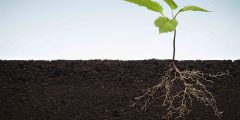

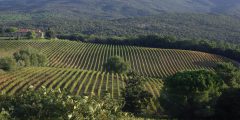

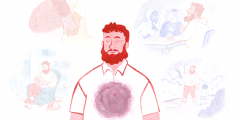
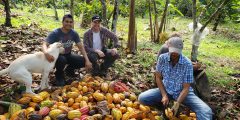
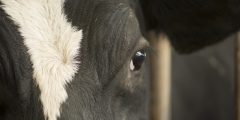
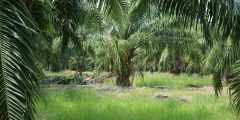
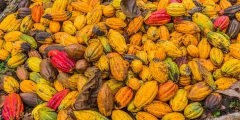
Recent Comments